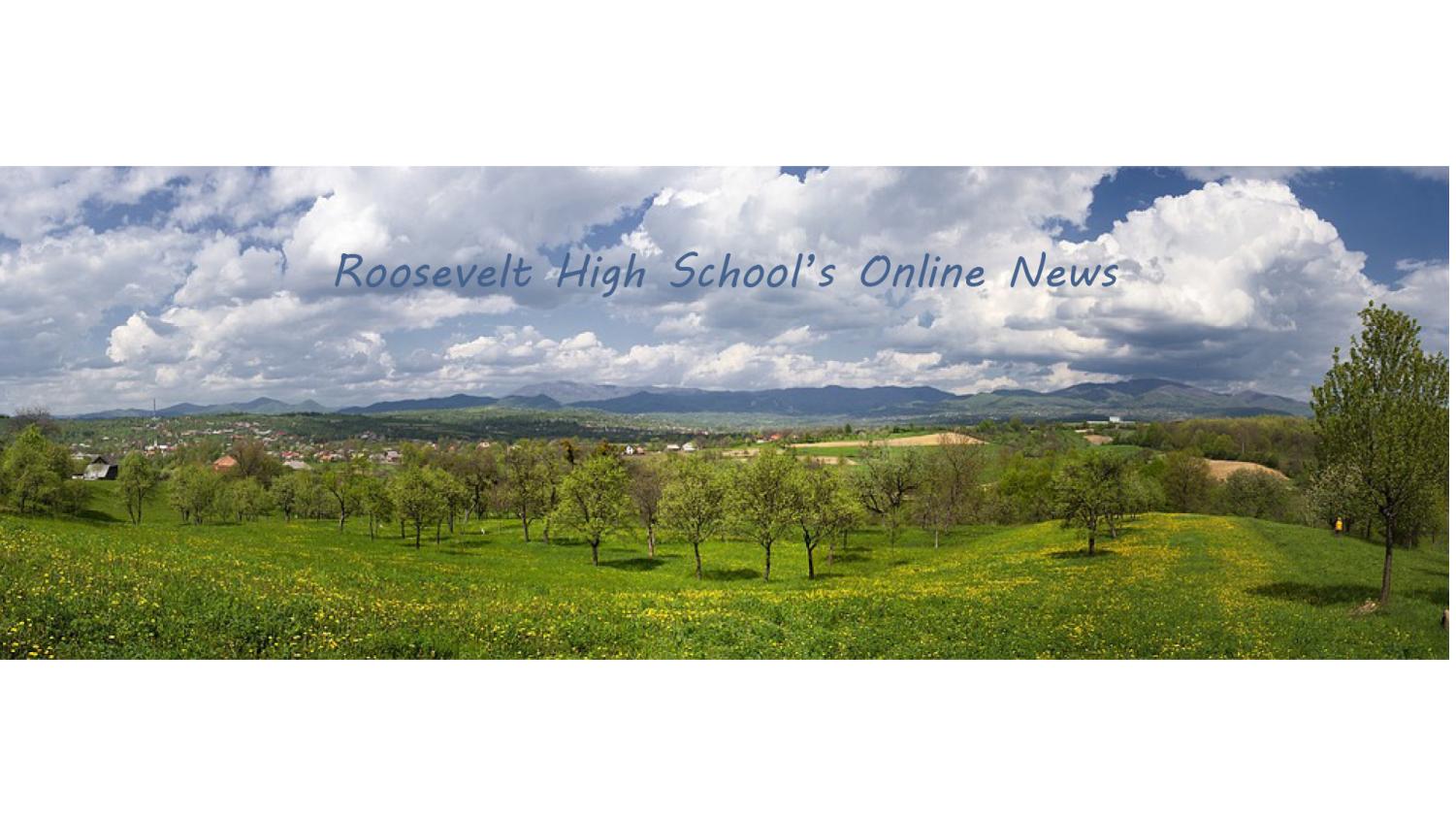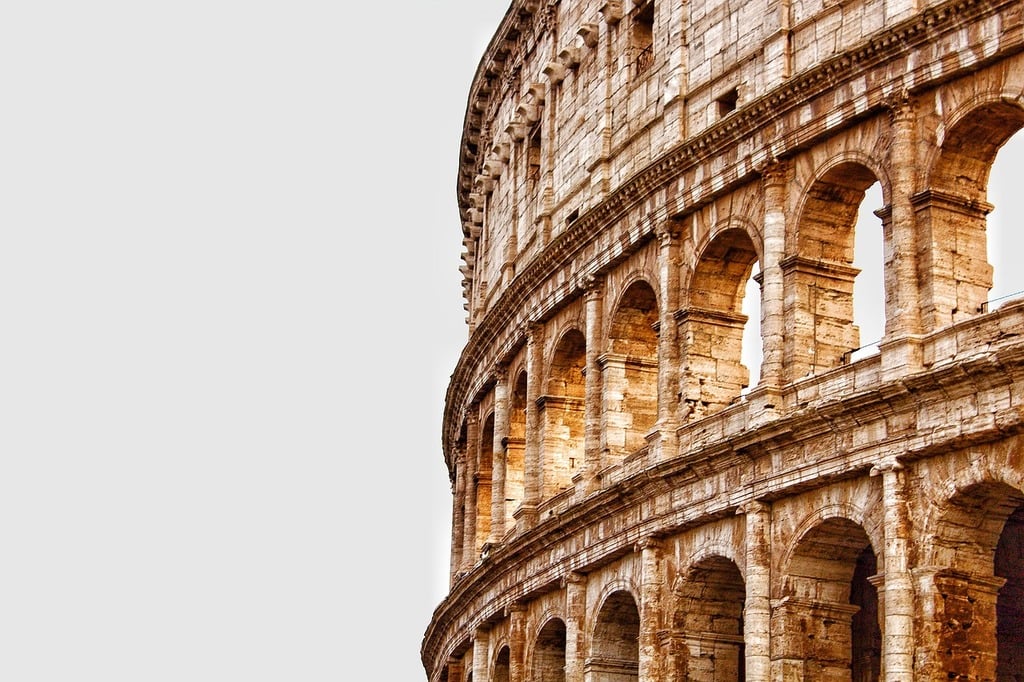It was April 11th, 2025, when Harvard University President Alan M. Garber received a joint letter from three federal departments. The General Services Administration, Department of Education, and Department of Health & Human Services sent a message to Garber proposing institutional changes for the Ivy League School.
The changes, or rather demands, as they intended to withhold federal funding with noncompliance, included a recomposition of leadership which reduced the power of students and non-permanent faculty at Harvard. In addition, the proposal letter advised changes in both International and Domestic Student Admissions, the faculty hiring process, and the discontinuation of DEI, among other changes.
Furthermore, the letter outlined a means of monitoring and advisory existing outside of Harvard University. Effectively, this would give regulatory power of the private university to a department of the U.S. Government.
The letter ended in, “We expect your immediate cooperation in implementing these critical reforms that will enable Harvard to return to its original mission of innovative research and academic excellence.”
Contrastingly, President Garber replied in direct and immediate defiance.
Through Harvard Legal Counsel, Garber claimed in his publication that “we will not accept their proposed agreement. The University will not surrender its independence or relinquish its constitutional rights.”
The response from the federal government was the freezing of over $2.2 billion in grants and $60 million in contracts to Harvard, according to the Associated Press.
Garber effectively asserted that the private, self-governed academia of Harvard University would remain empowered by the students and faculty of Harvard University. He intends to have conversation in earnest with the federal government to address intra-scholastic culture and welfare for the students of the college. By doing so, Garber seeks to take necessary action to combat antisemitism, student adversity, and to ensure welfare and enrichment for the school. However, as he says in the end of his public announcement, “These ends will not be achieved by assertions of power, unmoored from the law, to control teaching and learning at Harvard and to dictate how we operate. The work of addressing our shortcomings, fulfilling our commitments, and embodying our values is ours to define and undertake as a community.”
The demands of the federal government on higher education sets a precedent for their hand in other universities, schools, and students for the future. But even more so, the stand taken by Harvard University sets a precedent for safeguarding the status quo of academia as it is today. Ultimately, the students of today are the leaders of tomorrow; the American people need to decide the means and the magnitude of how the government can play in developing these leaders.
Read more about the subject with the sources below:
https://www.harvard.edu/president/news/2025/the-promise-of-american-higher-education/







